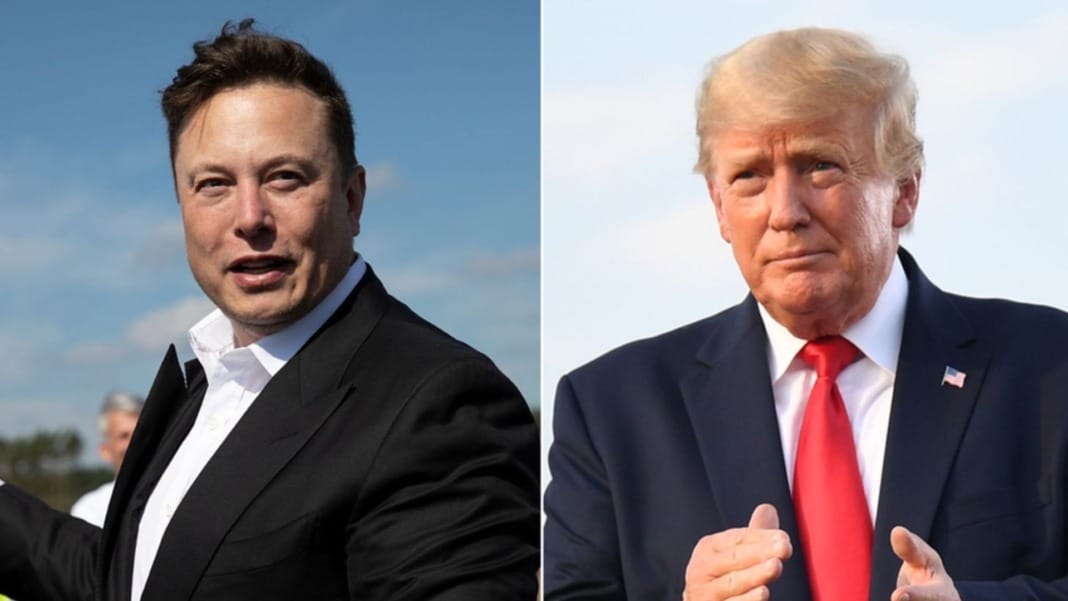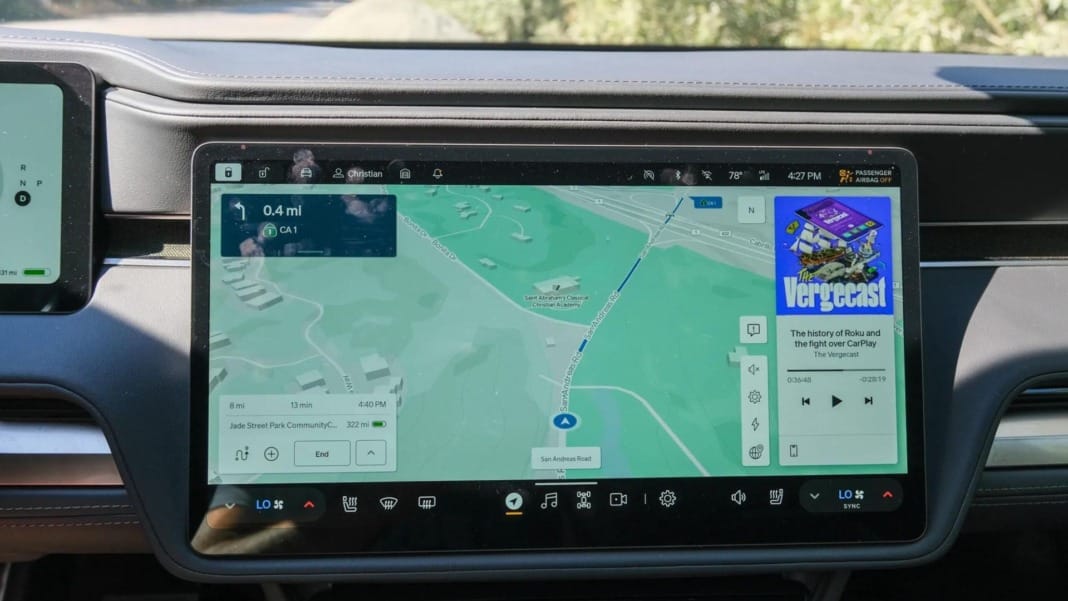In a surprising twist, Elon Musk, known for his drive towards a sustainable energy future, urged former President Donald Trump not to vilify the oil and gas industry during an interview on the social media platform X. Despite Musk’s well-documented push for electric vehicles and renewable energy, he advocated for a more balanced approach towards fossil fuels.
Technical delays and a broad-ranging discussion
The interview, conducted on August 12, was delayed by over 40 minutes due to technical difficulties. When the conversation finally began, it covered a range of topics, including immigration, inflation, and foreign policy, before eventually landing on energy and climate change. It was here that Musk took a stance that might have surprised many.
Musk, the CEO of Tesla, argued against demonising the oil and gas sectors despite his commitment to renewable energy. “I don’t think we should vilify the oil and gas industry and the people who have worked very hard in those industries to provide the necessary energy to support the economy,” Musk stated. His comments reflect that while moving towards sustainable energy is crucial, the transition must be handled with care to avoid economic disruption.
A moderate view on the energy transition
Describing his views as “pretty moderate,” Musk pointed out that the economy would face severe challenges if the oil and gas industries were abruptly shut down. He estimated that it could take “50 or 100 years” for the world to fully transition to a sustainable energy economy—a timeline much longer than what scientists warn is necessary to avoid catastrophic climate change. Interestingly, Trump later extended this timeline to “500 to 1000 years,” a statement Musk did not correct.
Musk emphasised that the situation isn’t as urgent as some might think. “So it’s not like the house is on fire immediately,” he said. “But I think it is something we need to move towards… It’s probably better to move there faster than slower. But like without vilifying the oil and gas industry and without causing hardship in the short term.”
Contradictions and concerns about air quality
However, Musk’s statements also contained some contradictions. He acknowledged that continued reliance on fossil fuels would worsen air quality, potentially causing “headaches and nausea.” Despite these concerns, he suggested there was no need to rush the transition away from fossil fuels. “We still have quite a bit of time,” Musk said. “We don’t need to rush.”
Trump, slurring, says he’s okay with climate change and rising sea levels because he thinks he’ll “have more oceanfront property” pic.twitter.com/AmdrdXCn0v
— Kamala HQ (@KamalaHQ) August 13, 2024
Trump, who often seemed to struggle with his speech, made a light-hearted remark about rising sea levels, joking that they would create more “oceanfront property.” This comment was quickly criticised by Vice President Kamala Harris’ campaign team. Trump briefly touched on electric vehicles, noting that they rely on fossil fuels for energy. “[We] can’t get away from it at this moment,” he remarked, though the discussion did not delve much deeper into the future of EVs.
Despite his earlier comments about the importance of renewable energy, Trump used the opportunity to voice his scepticism, particularly about electric cars. He urged Musk to explore adding solar panels to the roofs of Tesla vehicles, though Musk didn’t engage much with the suggestion. Notably, Tesla had previously filed a patent for a solar panel-covered tonneau cover for its Cybertruck, but the concept has yet to come to fruition.
Trump also expressed his concerns about nuclear threats, stating, “People talk about global warming, or they talk about climate change, but they never talk about nuclear warming. An immediate problem.” This comment shifted the conversation away from climate change and towards a broader discussion of global threats, leaving the energy discussion somewhat unresolved.
In summary, Musk’s interview with Trump offered a nuanced take on the energy transition. Musk advocated for a careful approach that balances economic stability with environmental responsibility. His remarks underscore the complexities involved in moving towards a sustainable future, especially when considering the existing dependencies on fossil fuels.





